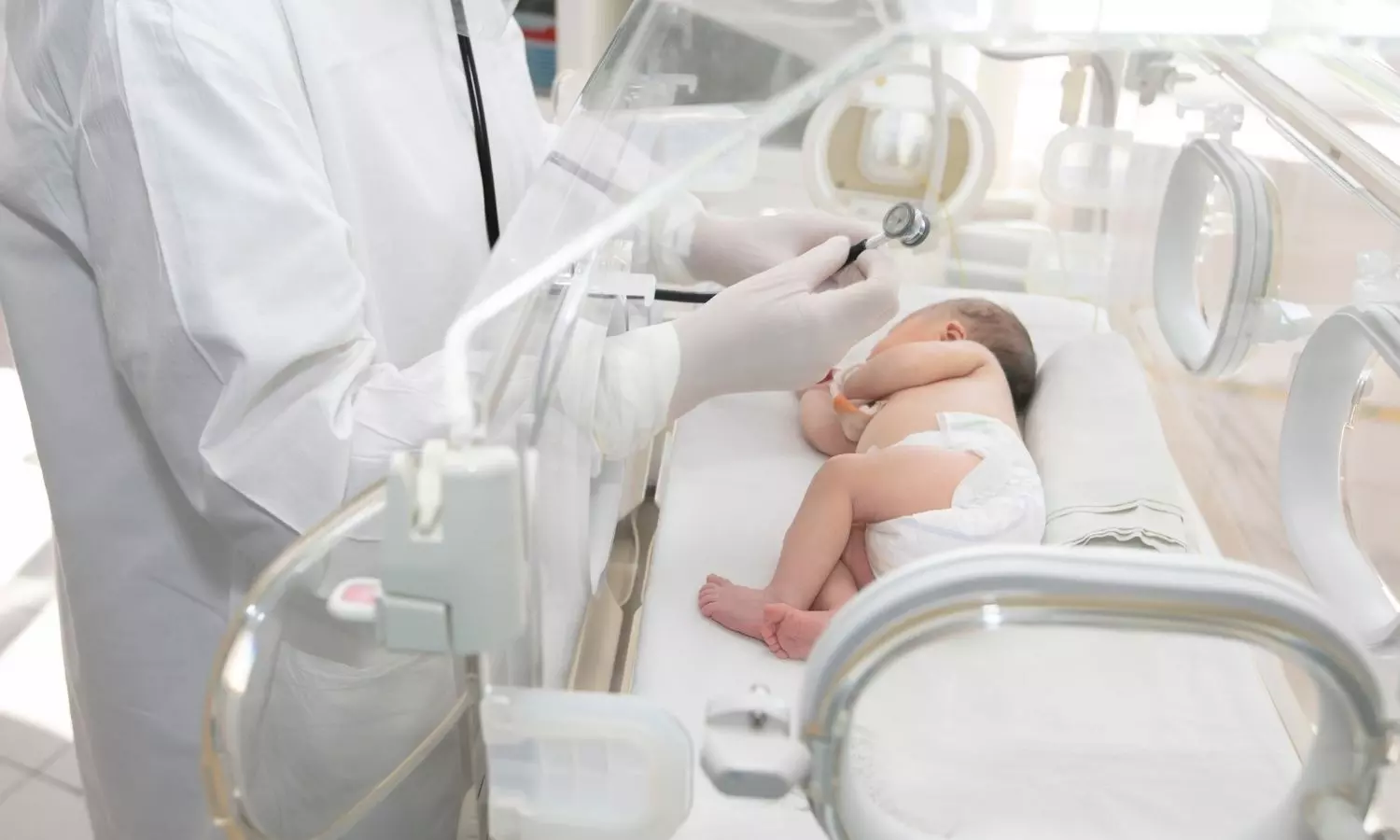Study Confirms Safety of Rotavirus Vaccine for NICU Infants

New Delhi: Vaccinating NICU infants with the RV5 rotavirus vaccine is safe and poses virtually no risk to unvaccinated infants, according to a new study.
The research, published in the journal Paediatrics has confirmed the safety of administering the RV5 rotavirus vaccine to stable, age-eligible infants in Neonatal Intensive Care Units (NICUs).
The findings challenge the longstanding hesitance to use live-virus vaccines in such settings due to concerns about virus shedding and potential transmission to other vulnerable infants.
Researchers found that while shedding of the vaccine strain does occur, the transmission is extremely rare, and there were no clinical symptoms observed in unvaccinated infants who tested positive for the vaccine strain.
The year-long study, conducted by researchers from the Children’s Hospital of Philadelphia (CHOP) and the Centers for Disease Control and Prevention (CDC), involved 226 doses of the RV5 rotavirus vaccine administered to 162 NICU patients.
Stool samples were collected weekly from all infants in the NICU to monitor for the presence of the vaccine-strain virus. The results showed that the RV5 strain was detected in 70% of stool samples during the first week following vaccination and in 41% during the second week.
However, fewer than 1% of unvaccinated infants tested positive for the RV5 strain, with three confirmed cases and two additional cases considered possibly positive. Notably, four of these infants shared healthcare providers with recently vaccinated infants, suggesting a potential link through shared care.
Crucially, none of the unvaccinated infants who tested positive for the vaccine strain exhibited any clinical symptoms such as gastroenteritis, fever, or feeding intolerance. This underscores the lack of adverse effects from the rare instances of transmission.
Dr. Margaret M. Cortese, one of the study’s lead authors, emphasized the importance of these findings, stating, “Despite the detection of vaccine-strain rotavirus shedding, the data shows that transmission is extremely rare and has no clinical consequences for unvaccinated NICU infants.”
Dr. Thomas Sandora of Boston Children’s Hospital, in an invited commentary on the study, echoed this perspective, calling for an update to vaccination policies in NICUs. “When RV5 vaccine is given to stable, age-eligible NICU patients, although shedding does occur, transmission is rare and has no apparent clinical consequence,” he said. He further urged healthcare institutions to turn this “lost opportunity into action” by incorporating rotavirus vaccination into routine care for eligible NICU patients.
The study’s authors and commentators acknowledge that the results pertain specifically to the RV5 strain and recommend further research to assess the safety of the RV1 rotavirus vaccine, which is also widely used.
Nonetheless, the findings provide strong evidence supporting the routine use of the RV5 vaccine in NICUs to protect infants from severe rotavirus infections without compromising the health of other patients. This research represents a critical step toward revising vaccination protocols and ensuring better protection for one of the most vulnerable patient populations.


